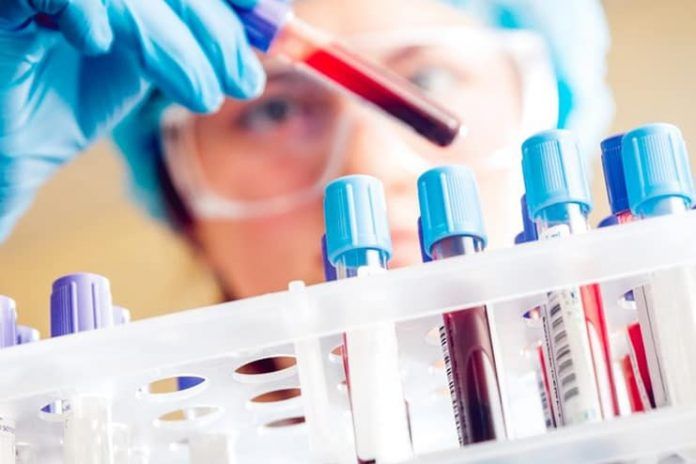Affiliate Disclaimer
Some links in this article are affiliate links. We may earn a small commission if you make a purchase through these links, at no extra cost to you. We only recommend products we find useful to our readersCancer has become the deadly disease that has started infesting more and more people. The most common reason associated with the deaths behind cancer is the fact that they are detected at a later stage which makes it hard to treat and eventually, cure. Scientists have come up with a new mode of detection of the disease, liquid biopsy, to ensure early detection.
A new study (R) conducted by a group of Cancer Scientists from the University Health Network have included new methods of liquid biopsy, epigenetic alterations as well as machine learning to develop a whole new form of blood test to help detect as well as treat cancer at the earliest of stages.
These amazing new findings of the study led by Dr. Daniel De Carvalho at Princess Margaret Cancer Centre not just promise to help detect cancer but do so at an early stage when the condition can be treated for good even before the signs and symptoms start appearing and disrupting your quality of life.
Dr Carvalho mentioned that the entire team behind the study is elated about their new finding and discovery. He said that breaking down one of the most common problems behind cancer is detecting it at a stage that won’t end up causing casualties. With this new discovery, that problem can easily be gotten rid of which is definitely an amazing thing.
It often becomes a situation of “needle in a haystack” when it comes to the detection of cancer. With one in a billion possibilities of mutations, it is quite hard to detect the condition at an early stage. It is even tougher to detect the problem in the early stages mainly because of the fact that the tumour DNA in the blood stream is next to nothing which makes the detection harder than one would think.
The main approach of the study was to focus and target the epigenetic alterations instead of the mutations. When the group of scientists focused around the same, they were able to source and located thousands of modifications unique to each of the cancer types. These were the basis of the implant of the study. Once they got a hang of the possible trend with the data, they decided to opt for the big data approach.
The scientists applied machine learning in order to successfully create classifiers that would be beneficial to detect and identify the presence of the cancer-derived DNA in the blood samples. This will also help in detection of what type of cancer the patient is possibly suffering from. This helps in deducing the approach of cancer treatment and even cuts down the wide array of possibilities and narrows them down to the most possible ones.
The scientists predominantly tracked the cancer origin along with the type by comparing the tumour samples of around 300 patients from seven disease sites namely kidney, pancreatic, lung, colorectal, leukemia, breast and bladder along with samples from healthy individuals following an in-depth analysis of the cell-free DNA circulating predominantly in the blood plasma.
In every of the sample, the “floating” plasma DNA every time coincided and matched with that of the tumour DNA. Following this discovery, the team of scientists has expanded and has since then profiled and matched over 700 similar tumour and blood samples for deducing more variants of cancer.
Now with the initial research and findings, the next step outside of the lab is to deduce its efficacy of this finding outside of the lab findings and analyze data from a large population from countries around the globe. The same then further needs to be validated so the same can finally be used in the process of cancer screening.
The process of liquid biopsy along with considerations from the epigenetic alterations have paved a new way to approaching the cancer treatments and the associated issues of detection of the disease which is often one of the most problematic issues. With this new discovery, chances are that this problem can effectively be taken care of in the long haul.































